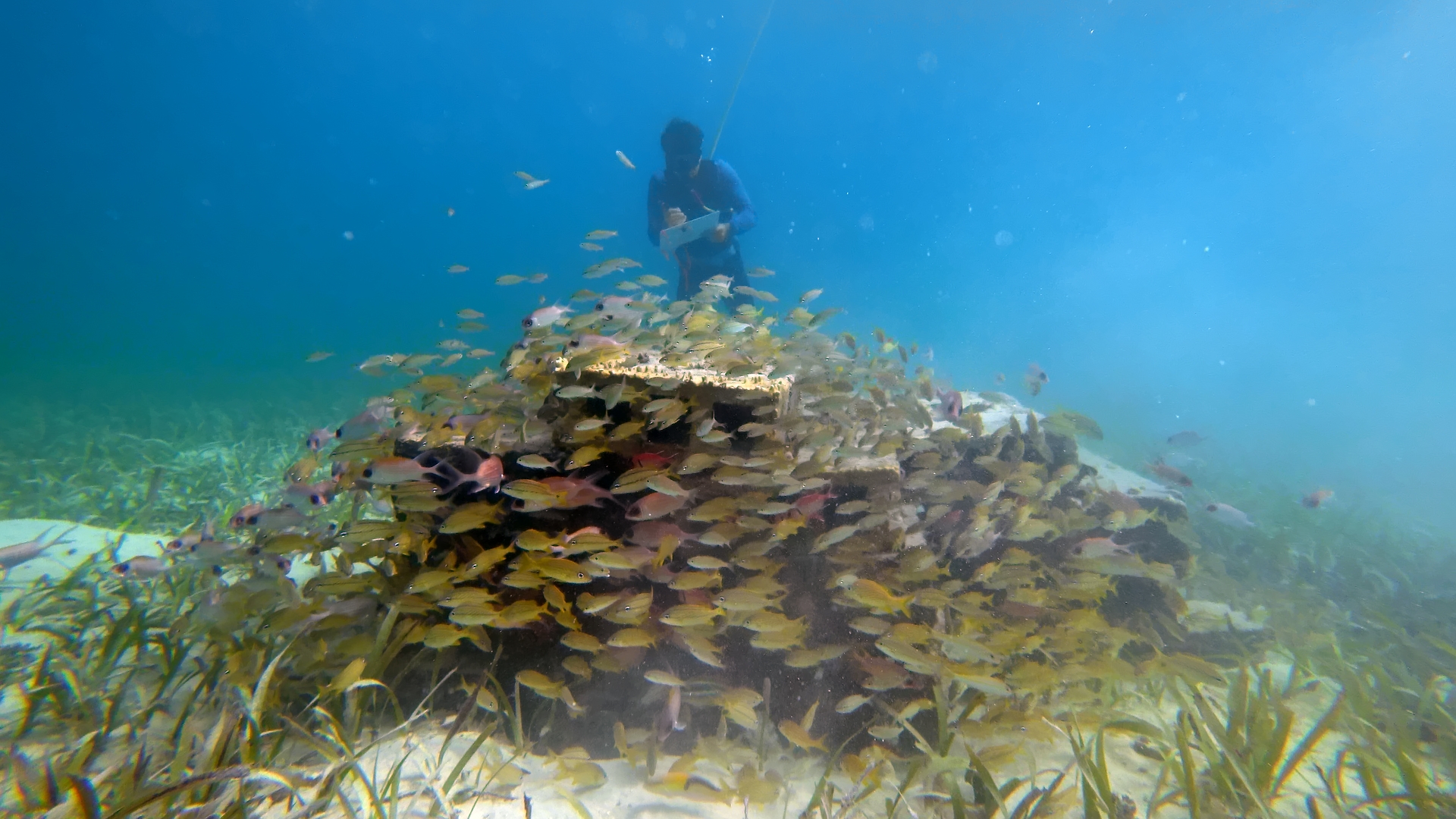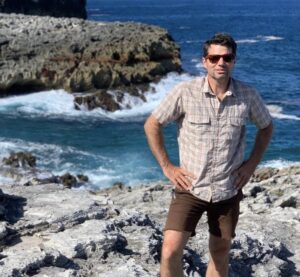My goal as an ecologist is to apply ecological theory to help solve real-world conservation issues. Specifically, I seek to identify the mechanisms by which behavioral, population, and community dynamics mediate nutrient and energy pathways. The objective is to improve our ability to predict ecological outcomes, and enhance conservation efficacy such as the sustainability of ecosystem services (e.g., fisheries). Much of this research takes place in tropical coastal ecosystems (mangroves, seagrass beds, and coral reefs) where I study gradients created by anthropogenic impacts to test theory directly within the context of environmental change and biodiversity loss. My research is broad and multifaceted, and includes a combination of extensive field-based research and computational analyses.The type of data we collect in the field has endless potential to be better understood through collaborations with MIDAS. I rely on (and very much enjoy) integrative collaborations across a variety of fields.
What are some of your most interesting projects?
We have recently generated one of the most extensive high-resolution dataset of fish movement in any system that we are aware of. We are using these data to understand the role of consumers in moving nutrient and energy through these ecosystems, and also to better understand the relative ecological importance of individual-level vs species-level variation.
What is the most significant scientific contribution you would like to make?
I would like to improve our ability to predict fish production in tropical coastal ecosystems to improve food security. I would also like to help improve our ability to manage seagrass ecosystems to maximize carbon sequestration and storage.
What makes you excited about your data science and AI research?
A central goal of my lab is to collect extremely high-end and extensive empirical data such that it can inform models that help us forecast ecological processes at the scales of entire ecosystems. We are currently using a suite of techniques to do so, including the use of individual-based modeling in particular. The type of data we are generating is absolutely ripe for being used with high-power data science and AI research. I honestly believe the applications are endless and would be extremely excited to team up with folks to build on these exciting possibilities.
What are some interesting facts about yourself?
Backpacking and woodworking are how I unwind. I love being outside, and I love doing field work.

